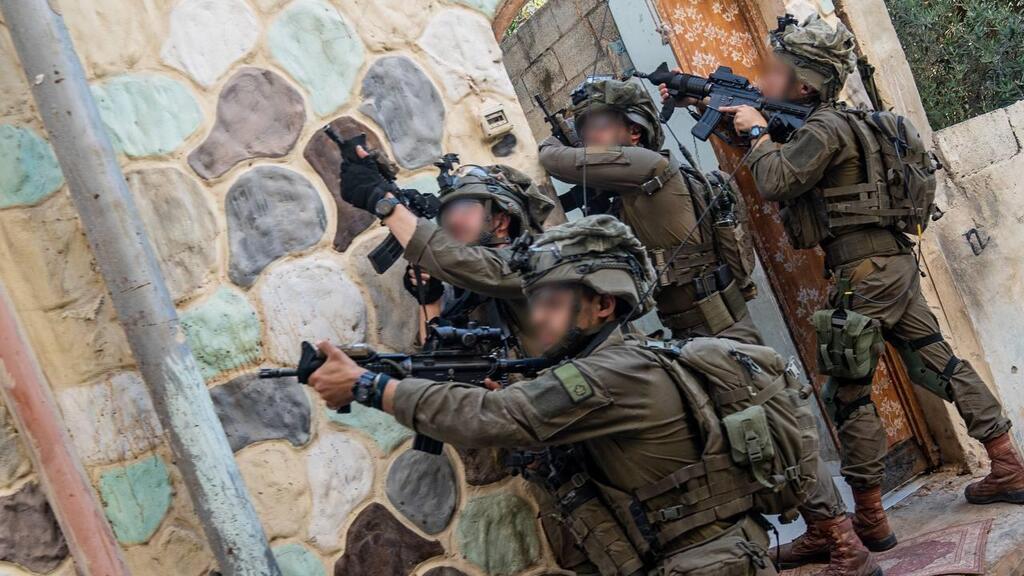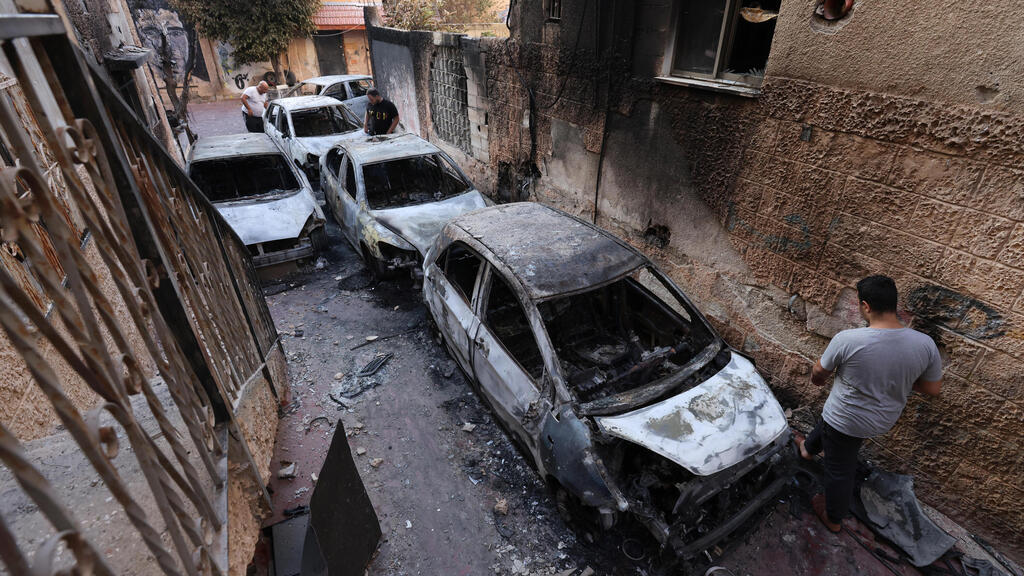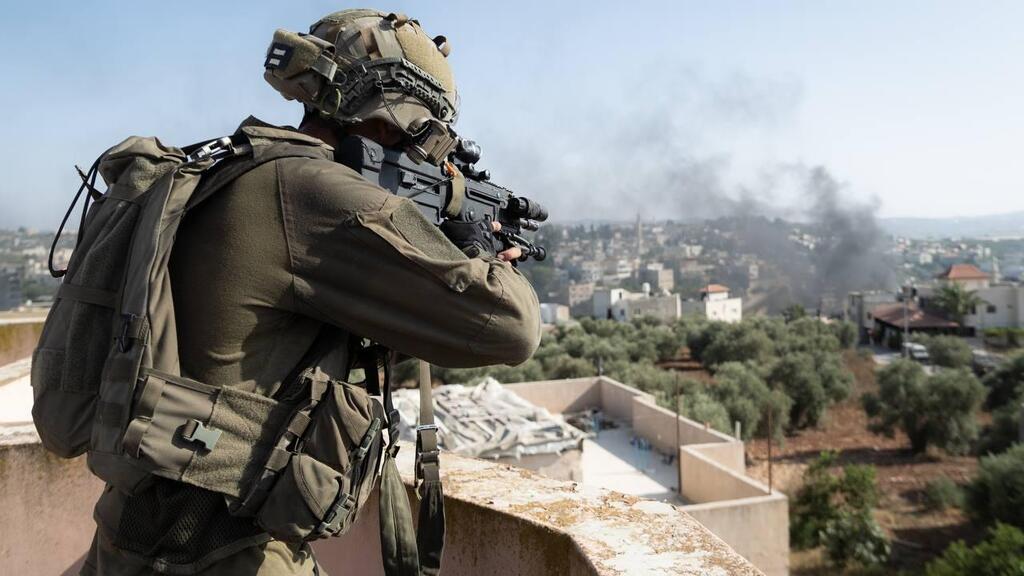Getting your Trinity Audio player ready...
Footage of IDF troops in Jenin
(IDF Spokesperson's Unit)
The morning after: the IDF can officially say Operation Home and Garden in the Jenin refugee camp was a success. Despite fighting in the most densely populated and dangerous area in the West Bank, Israel Defense Forces soldiers managed to complete the operation without causing casualties among uninvolved Palestinians, a crucial aspect that granted the mission widespread legitimacy.
Read more:
Since the beginning of the year, approximately 11 uninvolved Palestinians were killed by IDF fire in the West Bank, along with 160 terrorists who were killed. This ratio is considered a success, considering the complexity of the hundreds of operations carried out by the soldiers and the numerous instances of violent disturbances.
To that end, this week's operation in Jenin was even more successful than the IDF is used to. Out of the 12 terrorists who were killed and the 20 who were severely injured, according to the IDF, none of them were uninvolved civilians, and all of them were carrying arms or explosives. Because of this, there was no pressure on Israel to terminate the operation, and the condemnations were relatively mild, even the ones that came from Turkey, Jordan and the United Arab Emirates. Official sources in Washington even expressed support for the operation. And most importantly, the Palestinian factions, including in Gaza, remained indifferent.
The IDF attributes this success to several factors, one of which is the high level of professional conduct among the soldiers who were chosen to carry out the mission, many of which came from commando or specialty units such as Maglan, Duvdevan, and Egoz. Alongside them were soldiers from the Paratrooper Brigade and the Kfir Brigade, who were familiar with the refugee camp due to previous operational activities there in recent months.
The experienced soldiers, among them David Yehuda Yitzhak, who was killed during the troops' withdrawal from Jenin, were instructed to operate with precision. "We told them to work strictly according to the mission, considering the objective, and that harming uninvolved civilians is unethical and doesn't contribute to the mission," a senior military official told Ynet and the Yedioth Ahronoth newspaper.
For the operation, officers of the IDF Judea and Samaria Division carefully coordinated each of the over 15 airstrikes carried out by remotely operated aircraft. These aerial cells will remain active in the coming days in anticipation of further developments. In addition to these impressive capabilities, advanced marking and identification technologies were utilized, particularly activating drones that spread throughout every corner of the refugee camp, verifying safe and open areas for forces to pass through as well as assisting in the differentiation between armed terrorists and uninvolved civilians.
The IDF did not identify any instances in which civilians entered the line of fire, given most of them hid in their homes or fled, likewise the terrorists. Nevertheless, the objective of the operation was not to kill a large number of terrorists. "We didn't want 200 dead terrorists because the operation targeted major terror infrastructures that we identified and destroyed," noted the IDF officer.
Parallel to the tactical efforts in Jenin, a separate campaign was launched on the global front, aimed at ensuring international legitimacy. The IDF actively worked to balance out international media coverage by upkeeping constant communication with journalists worldwide, providing accurate information, and debunking false publications. For example, when it was initially claimed that the IDF had bombed the theater building in Jenin and caused casualties among uninvolved civilians, IDF spokespeople immediately sent a drone to the theater and live-streamed footage to foreign media outlets, demonstrating that it was unharmed and not targeted.








